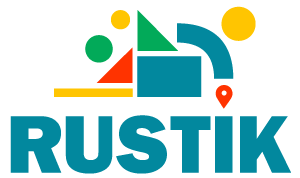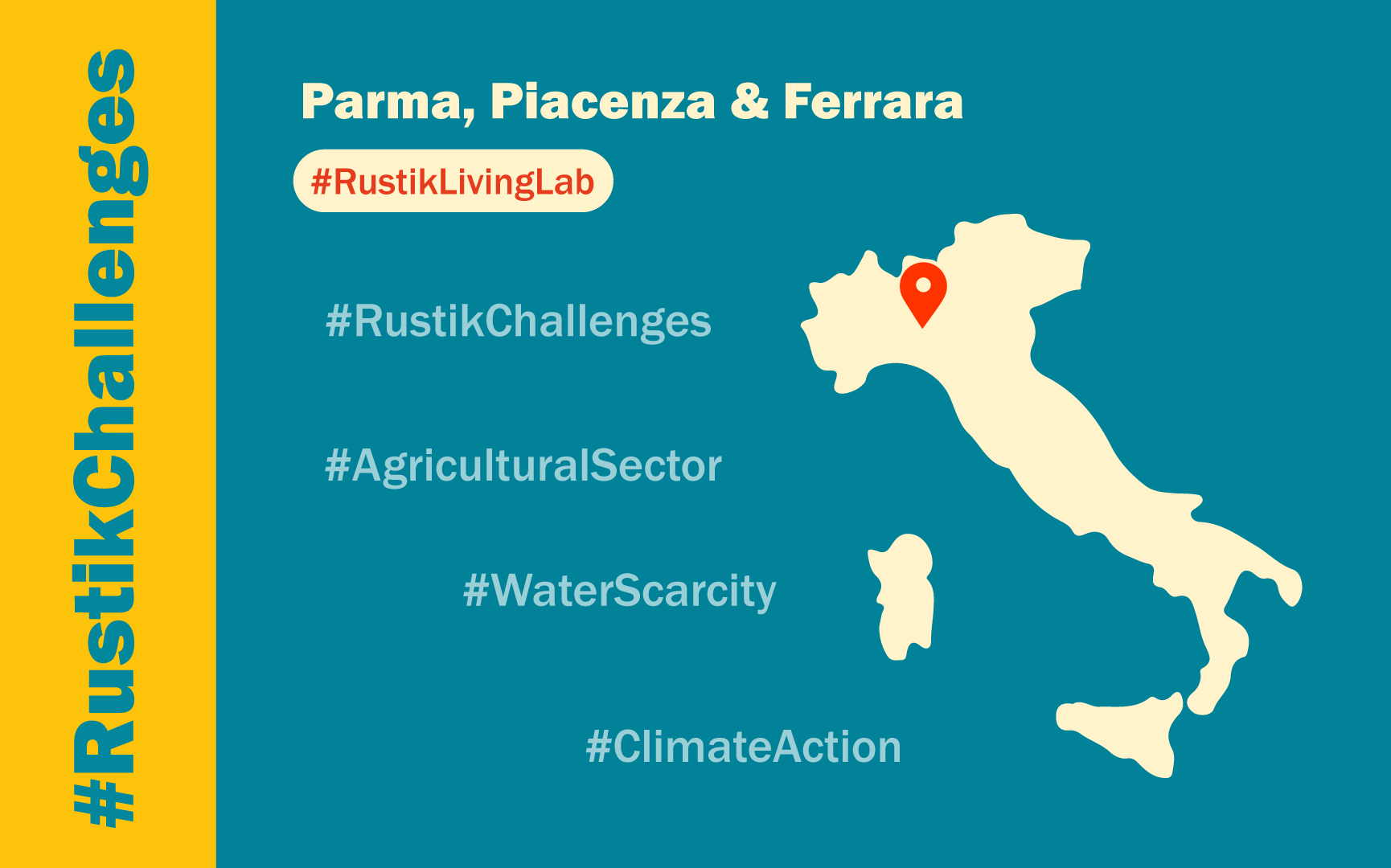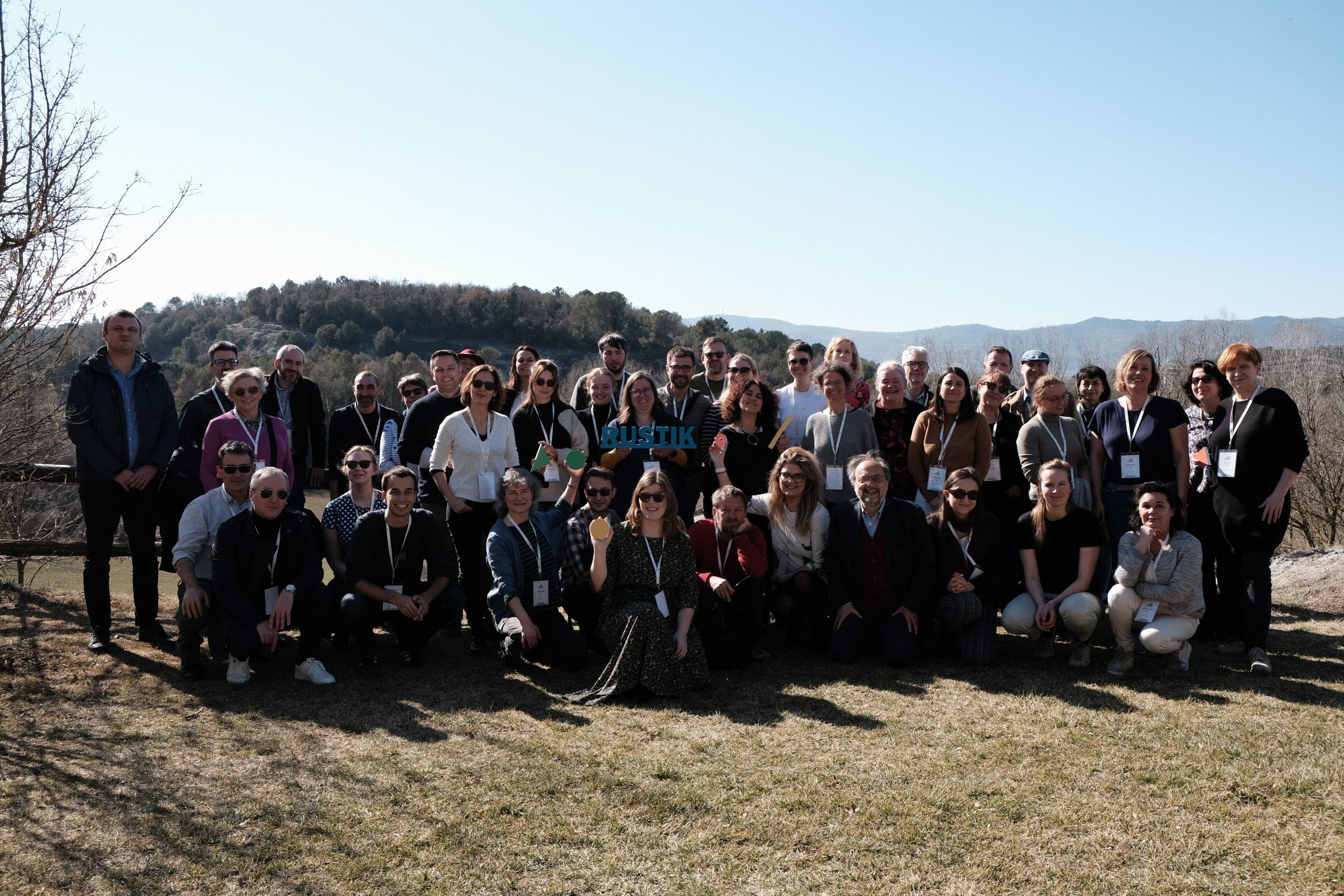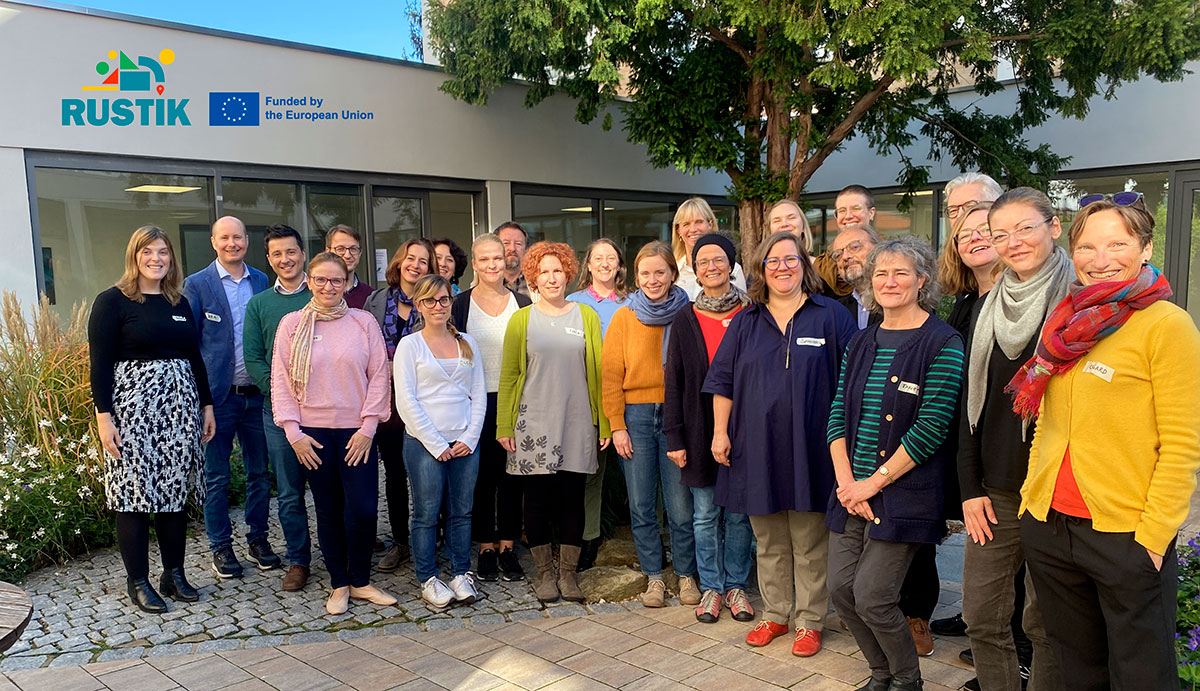Delve into the heart of Italy’s tomato processing hub, where the Emilia-Romagna region hosts three provinces renowned for their pivotal role in the tomato supply chain. Italy ranks as the third-largest producer of tomatoes for processing globally, with a significant portion of this production emanating from Parma, Piacenza, and Ferrara.
Transition Focus: Climate and Environmental Challenges
The pressing issue of water management takes center stage amidst the climate and environmental transition. Intensive agricultural activities and recurring droughts amplify the demand for water, posing a threat to the vital tomato ripening cycle. As global warming reshapes natural water patterns, the region grapples with the adverse impacts, from soil erosion to hydrogeological instability.
Living Lab Challenge
In response to these challenges, the Living Lab initiative tackles the urgency of climate change, particularly focusing on water availability and management for irrigation. With water scarcity becoming increasingly prevalent, innovative solutions are imperative to ensure sustainable agricultural practices.
Rationale
Effective water management demands comprehensive governance structures and integrated monitoring systems. Despite existing weather stations and data sources, a cohesive approach to data analysis and model development is crucial for informed decision-making and resource allocation.
Policy Relevance
The water management challenge resonates beyond the agricultural sector, necessitating holistic solutions to meet the diverse needs of stakeholders. Local institutions and the Interbranch Organization (IBO) spearhead policy initiatives to address water scarcity and ensure rational development.
Research Questions
Key inquiries revolve around the development of an integrated monitoring system for water availability and needs, as well as strategies to enhance local water management effectiveness. Balancing the demands of various stakeholders remains paramount in shaping sustainable policies.
Emerging Data Needs
Robust data collection and analysis are essential for modeling water demand and distribution, especially during dry seasons. Coordinated efforts are required to harness existing data and fill knowledge gaps to mitigate the impacts of climate change effectively.
In the pursuit of sustainable agricultural practices, Italy’s Parma, Piacenza, and Ferrara regions stand at the forefront of climate adaptation and environmental stewardship. Join us as we navigate the challenges and opportunities on the path to a resilient future.



